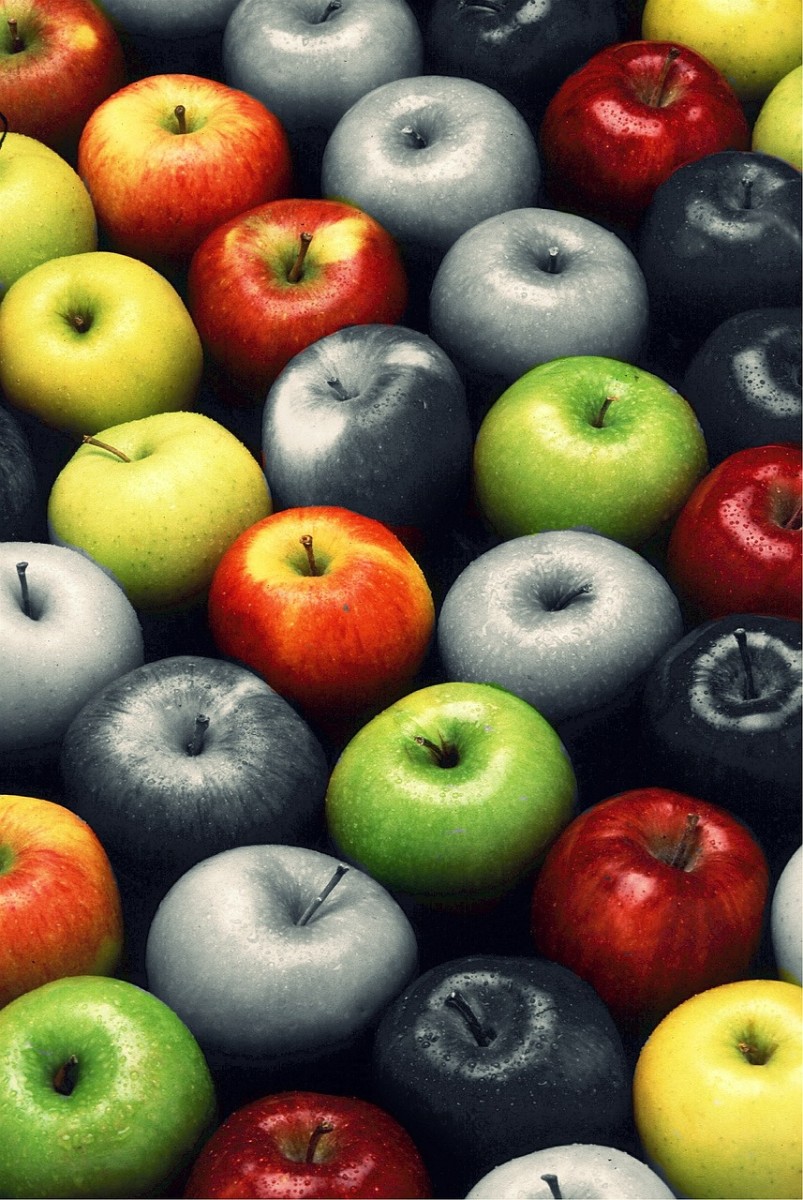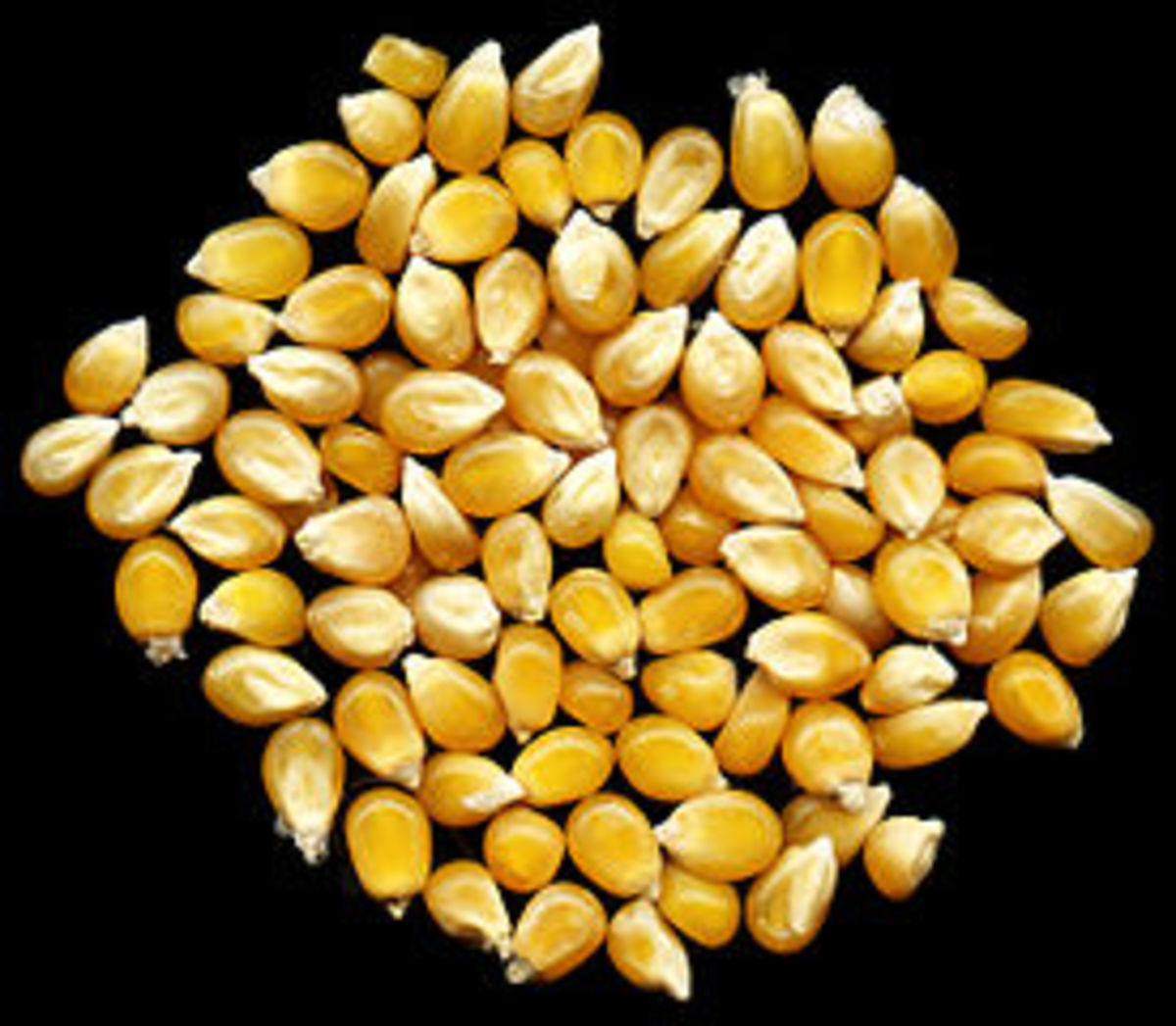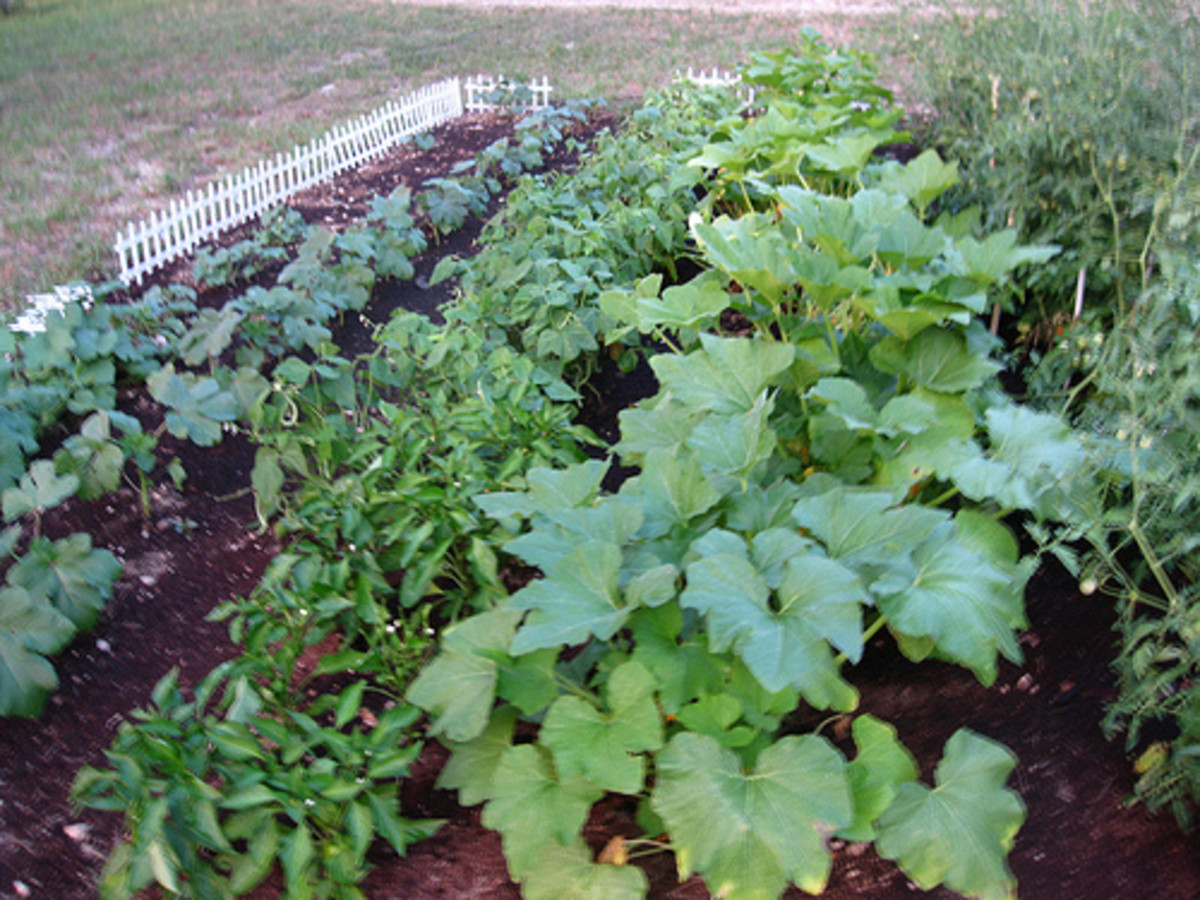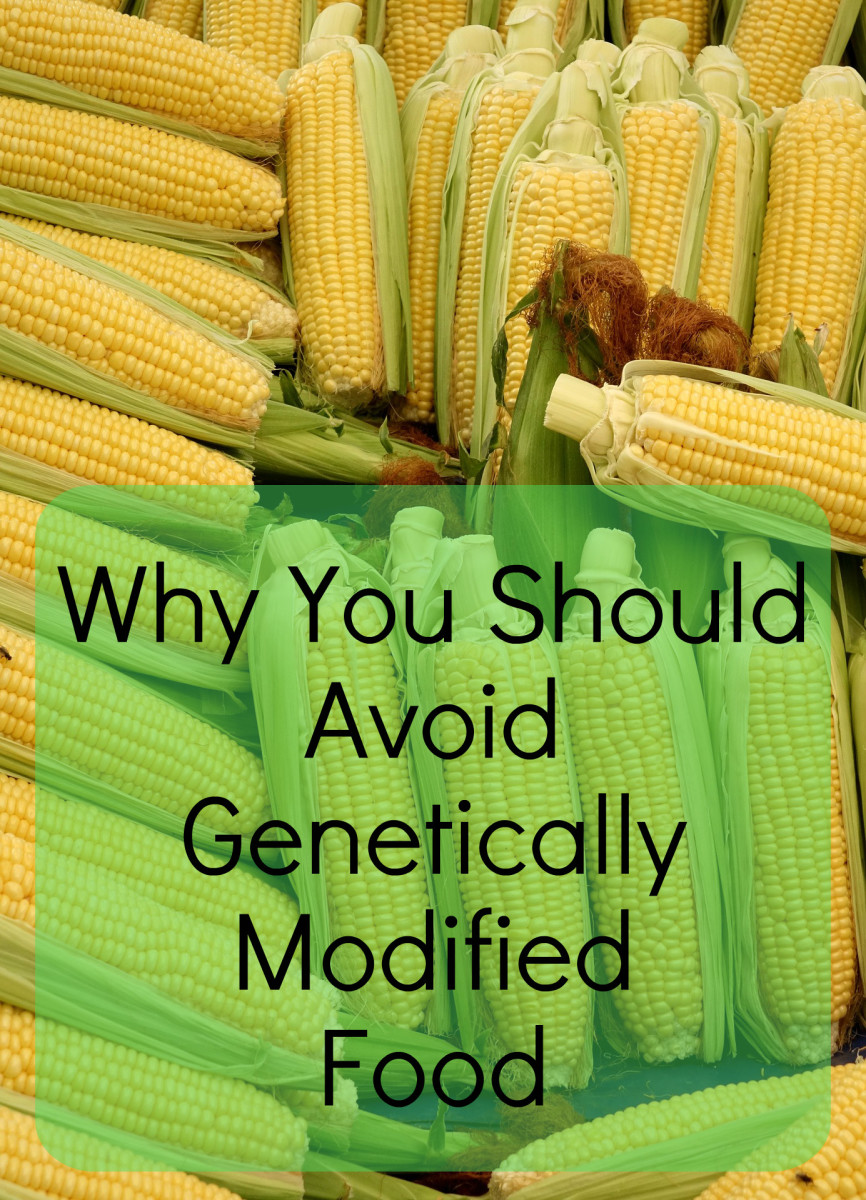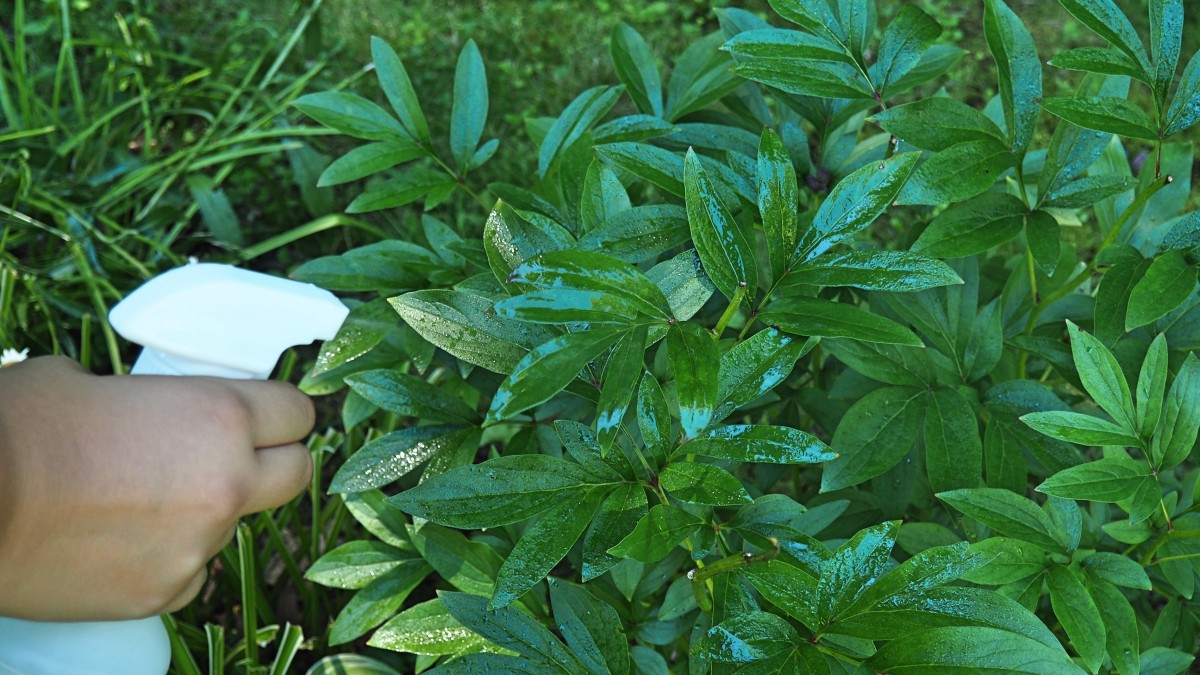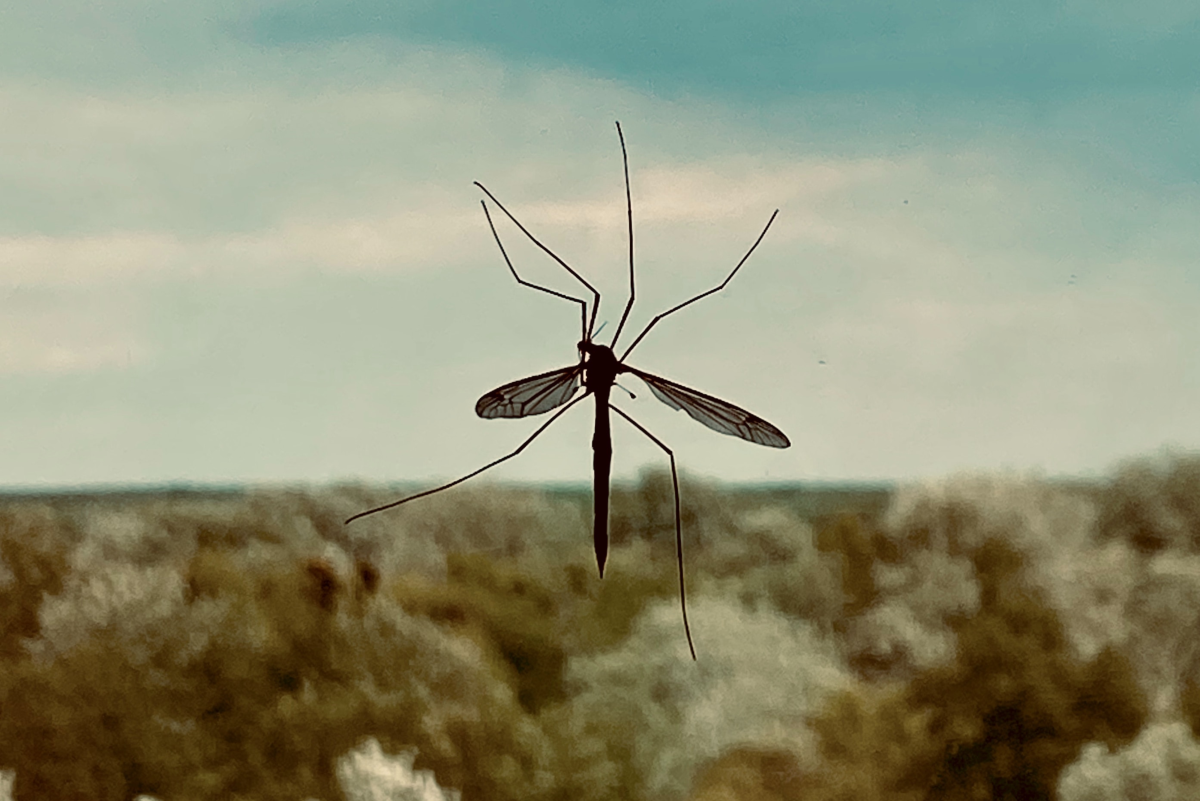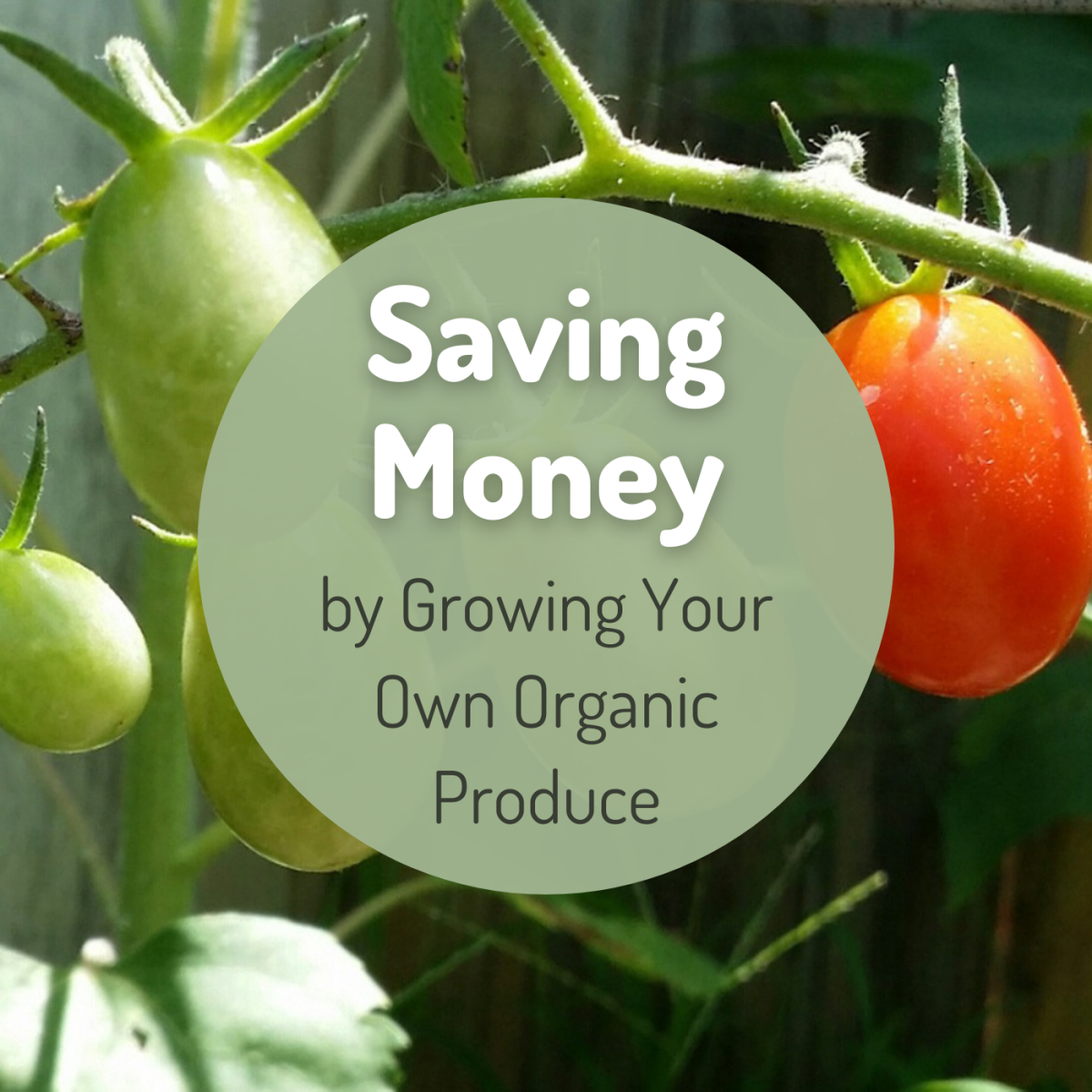Heirloom Seeds: The Importance of Planting and Preserving Genetically True Seeds For The Future
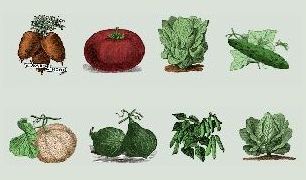
What Are Heirloom Seeds?
Heirloom seeds are seeds that have been faithfully reproduced and handed down from generation to generation, and which have unmatched richness of flavor, nutritional benefit, and resistance to diseases. These seeds have a long history, and may be plants that were grown by your great-great grandmother.
A plant is considered to be an heirloom if it is an open-pollinated cultivar that is over 50 years old. If you raised a plant, and kept its seeds and replanted them every year for 50 years, you would have an heirloom plant. "Open-pollinating" ensures that the plant will reproduce itself true to form, and the new plant will look just like the parent plant.
When heirloom gardeners refer to open-pollination, they mean that a particular cultivar can be grown from seed and will come back "true to type." In other words, the next generation will look just like its parent.
Now, however, there are more and more vegetables that will not come back "true to type." For example, plant nearly any hybrid tomato, and save the seeds. The next spring, plant it, and see what happens. The seed may not even germinate, since it may be sterile. If it does sprout, the young plants will probably not have many of the characteristics of the parent plant, nor will it look anything like the plant you got the seeds from. While hybrids have many outstanding qualities, the ability to reproduce themselves is clearly not one of them.
Heirloom plants have developed resistance to certain pests and diseases and are hardier and healthier than hybrids. Their original genetic material is intact and the plants' unique reproductive and immune information has been preserved. Heirloom fruits and vegetables have stronger flavors, and come in many different and unique colors, sizes, and shapes...
Hybrid seeds are seeds that have actually been bred for the commercial grower. When you order seeds from most seed suppliers, this is what you are getting. Plants are hybridized to resist certain diseases or pesticides. A hybridized plant is the result of a cross between 2 varieties of a plant. When seeds are taken from the cross-pollinated plant, these seeds can not reproduce the parent plant, but will revert back to one of the parent plants. Hybridization has caused loss in color, flavor, and adaptability. Not to mention the thousands of plants that have been lost to us forever because of the monopolization of big seed companies like Monsanto and others.
Modern hybridizations not only do not reproduce the original plants faithfully, but the new plants may be unable to adapt to changes in the environment. Hybrid plants do not have the same strength, vigor, or immunity against disease that Heirloom plants have. Seeds that have been changed genetically to resist the application of herbicides can become sterile and cannot reproduce themselves. Also, it is now known that genetically modified plant foods can cause disease.
Planting only genetically modified seeds can lead to serious roblems. First, relying solely on modified seeds and neglecting to preserve genuine heirloom seeds, presents the very real possibility of our multitudes of plant varieties becoming extinct, due to lack of preservation and use. Second, modified seeds are incapable of reproducing themselves faithfully, so if they are the only seeds being used, there is no way of saving them to plant them the next year!! Especially if they are modified seeds with "Terminator" - then they are incapable of growing again at all!
If we have let all our Heirloom plants become extinct, what are we going to plant? Many thousands of plant varieties have now become extinct. For example, how many kinds of apples do you think there used to be at one time? Over 3,000!!! Now there are only a couple of dozen. And this is the same with all kinds of food plants and fruits. There are not very many left.
Commercial growers who only grow hybridized plants run the risk of a fungus or plant disease destroying their whole crop, as the plant may not be resistant to all diseases, but only what they were engineered to be resistant to. Also, there is the risk that genetically modified plants which include resistance to herbicides (Round-Up) can cross-pollinate with other plants around them and result in monster weeds that are immune to herbicides and can take over food crops and stifle them out.
Seed Monopoly
A few huge corporations now produce much of the seed used by farmers; in 1999, the 10 largest seed companies controlled about 33% of the global seed market. It is much more than that now. These companies typically sell only the widely-used industrial varieties of plant seeds. This makes it difficult for farmers to buy non-industrial seed varieties and thus speeds up the disappearance of traditional plant varieties.
Growing heirloom plants is not only a way to give us a sense of history and cultural heritage, but a way to participate in saving these heritage-rich plant varieties from extinction. It is not just a hobby; it has become IMPERATIVE that we insist on using Heirloom Seeds for our food crops! If we keep using commercial genetically modified hybridized seeds and don't preserve the originals, we are going to turn around one day and discover that:
THERE ARE NO MORE SEEDS TO PLANT!
Thomas Jefferson's garden at his home in Monticello, in Charlottesville, VA, contains varieties that he himself once grew. He placed very high value on his garden, and searched out fruits and vegetables brought to America from all parts of Europe. Some of the seeds planted at Monticello may be almost 200 years old...
You can learn more about the Thomas Jefferson Center at Monticello here:
The former home of our 3rd President, Thomas Jefferson - The Thomas Jefferson Center for Historical Plants - at Monticello, in Charlottesville, VA
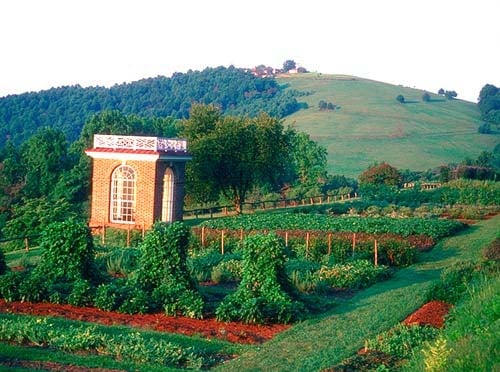

The wonder of natural genetic diversity!
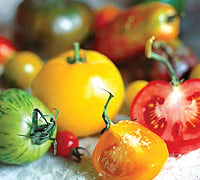
The Benefits of Using Heirloom Plant Varieties:
Using Heirloom plants is a way to enjoy fruits and vegetables that are pure, natural, unchanged, and in complete harmony with nature, the way God made them. (Which of course, is the right way! :)
Heirloom gardening frees us from the practice of genetic engineering, and the unknown consequences of genetically altered foods. Their unique colors and shapes, and their superior flavors make for some very interesting gardening!
Heirloom Crop Varieties
Gardeners who grow heirloom fruits and vegetables help to preserve genetic diversity by ensuring that these unique plant varieties are not completely replaced by the few commercial varieties that are mass-produced by industrial agriculture. They also preserve delicious, unique and interesting kinds of fruits, vegetables and grains that add color and flavor to meals that everyone can enjoy.
There are still many different varieties of heirloom plants available and you will find that they taste better and that the plants are stronger and will do better for you in your garden than the commercial varieties. You can plant an Heirloom Brandywine next to a hybrid tomato plant, for example, and you will see that the Brandywine will be twice as big and much healthier looking than the hybrid. This is because the Heirloom still contains its original genetic material and natural strength and immunity.
What You Can Do:
PLANT ONLY GENUINE HEIRLOOM SEEDS!
PRESERVE OUR NATURAL FOOD SOURCE!
There are many small farms and organizations throughout the US and Canada that specialize in producing heirloom and heritage seeds and plants. Some of these suppliers are listed at the end of this article...
Trying heirloom food varieties will add exciting new elements to your garden and your meals; heirloom fruits and vegetables have unique colors, textures, and tastes that can't be found in factory-farmed industrial produce. AND you will know that you are helping preserve our plant heritage for future generations of joyful gardeners!
Here are some resources for learning more about Heirloom Seeds:
Learn about Heirloom vegetables and fruits at the USDA website:
http://www.nal.usda.gov/afsic/AFSIC_pubs/heirloom/heirloom.htm
The ARK is a project designed to preserve foods that are at risk of becoming 'extinct' - this includes rare varieties of fruits and vegetables, heritage breeds of animals, and foods created using increasingly uncommon methods of production.
http://www.slowfoodusa.org/
Article about heirloom gardening at the "Path to Freedom" website This is an excellent website with much information about natural living, organic gardening, and etc...
http://www.vegparadise.com/heirloom.html
Heirloom Catalogs
http://www.gardenbazaar.com/directory/cz_1L0.html
Seedsavers Exchange, promotes preservation of heirloom seeds, seed source
http://www.seedsavers.org/
Non-profit organization that seeks to preserve Native American crop seeds
http://www.heirloomseeds.com/


